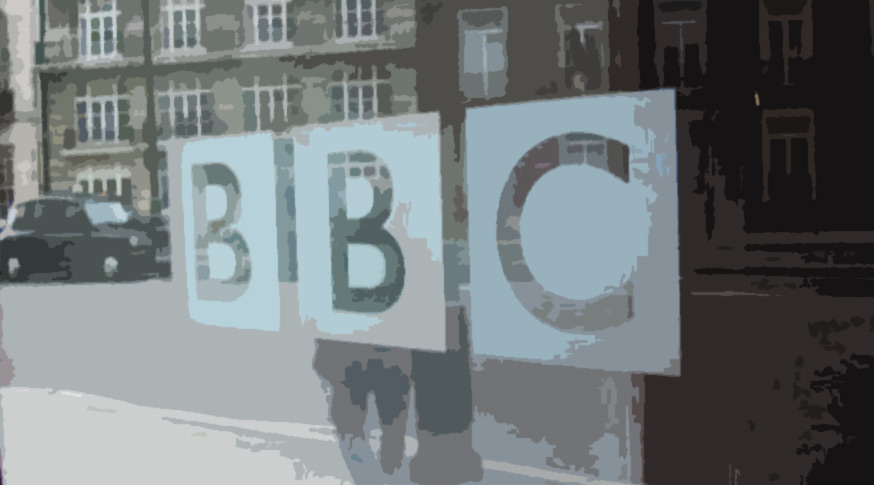BBC Radio 3 and The Arts and Humanities Research Council announce the 2022 New Generation Thinkers: 10 of the UK’s most promising and exciting early career researchers.
From Shakespearean writing and Tudor sound to the power of song and ‘vagabonds’ on 18th-century streets, an exploration of sea monsters, changing attitudes to soil to South African modernism – these are some of the research topics ten academics working at UK universities have been chosen to share on radio.
Alan Davey, Controller of BBC Radio 3:
“Once again, Radio 3 joins the colleagues at AHRC to celebrate the New Generation Thinkers intake: 10 academics who are engaged in research projects exploring our past and present, linking these two dimensions, and offering interesting perspectives on our understanding of both.
“We are thrilled to be able to give these academics a programme of mentoring to help bring their work to as wide an audience as possible, and we hope that listeners will find these explorations – on such a wide variety of topics – stimulating and inspiring.”
Every year, BBC Radio 3 and the Arts and Humanities Research Council (AHRC) hold a nationwide search for academics with new ideas that will resonate with a wider audience. These New Generation Thinkers represent some of the brightest scholars in the country and their research has the potential to redefine our understanding of an array of topics, from our history to the way we speak.
Names of the 2022 New Generation Thinkers were announced today as part of a special episode of Free Thinking on BBC Radio 3, introduced by Laurence Scott, one of the first New Generation Thinkers in 2010. Featuring all 10 researchers, the episode is now available to listen to on demand on BBC Sounds and as and Arts & Ideas podcast.
The New Generation Thinkers will have the prestigious opportunity to communicate their research by making programmes for BBC Radio 3. They will also be provided with unique access to training and support from AHRC and the BBC. New Generation Thinkers alumni have gone on to become prominent public figures in their fields, as well as the face of major documentaries, TV series, and regular figures in public debate.
The 2022 New Generation Thinkers have been recognised for their ability to communicate complex ideas and for their research into timely issues such as anti-racism, the impact of language on the experience of miscarriage, and how history can help us explore ideas about censorship today.
The final 10 academics taking part in the scheme were chosen after a four-month selection process, including a series of day-long workshops. They have undergone training and development with the AHRC and will spend a year being mentored by producers from Radio 3’s Free Thinking programme, where they will appear to take part in discussions about a wide range of topics throughout the year.
They will also be working on episodes of The Essay to be broadcast on BBC Radio 3 next spring. Meanwhile you can find examples of other programmes made by New Generation Thinkers in a playlist on the Free Thinking website and on air with The Essay and Sunday Feature slots in the current BBC Radio 3 schedules.
Professor Christopher Smith, AHRC Executive Chair:
“We are delighted to join again with the BBC to support the New Generation Thinkers scheme – one of the major ways that AHRC inspires arts and humanities researchers across the UK to engage with a wider audience.
“From fascinating insights into art, literature and history to the most challenging problems of our day, this is research at its most vital and compelling. This prestigious partnership offers an opportunity for early-career researchers to develop the confidence and skills to work with diverse audiences, and our New Generation Thinkers lead the way in building the public impact of arts and humanities.”
The successful 10 were selected from hundreds of applications from researchers at the start of their careers. They have all demonstrated a passion for communicating their work and a skill for making complex areas of study engaging, accessible, and enlightening. Visit the AHRC website to find out more about the scheme.






